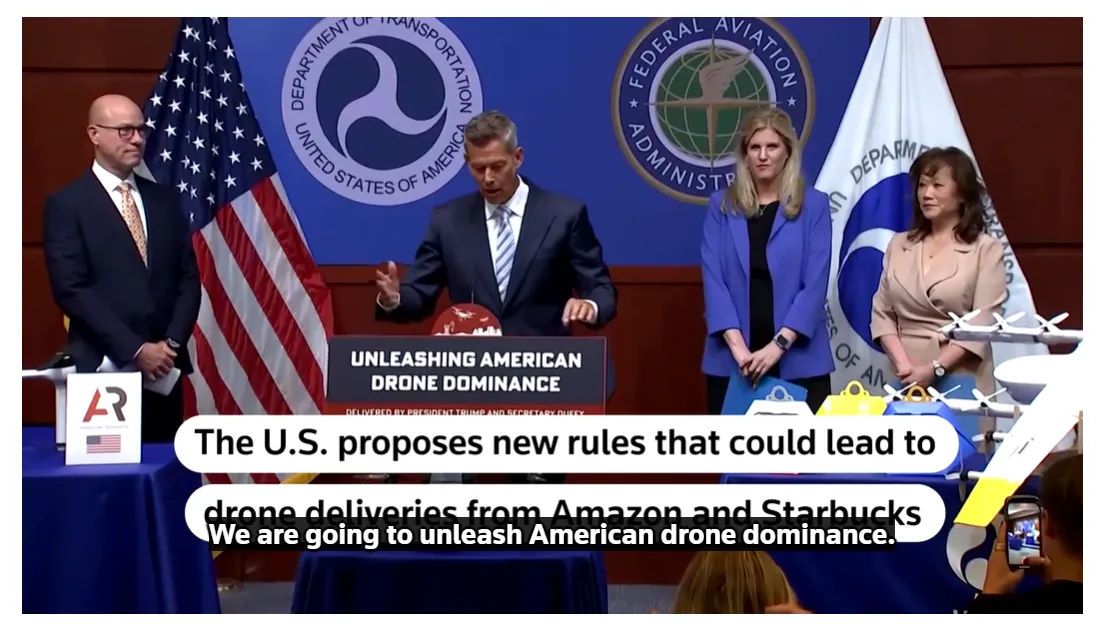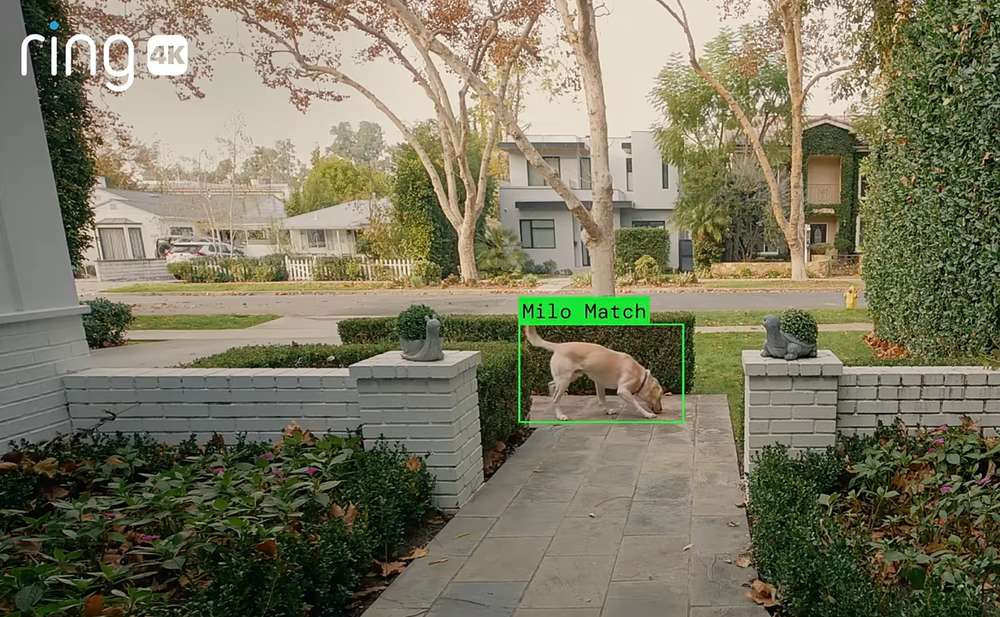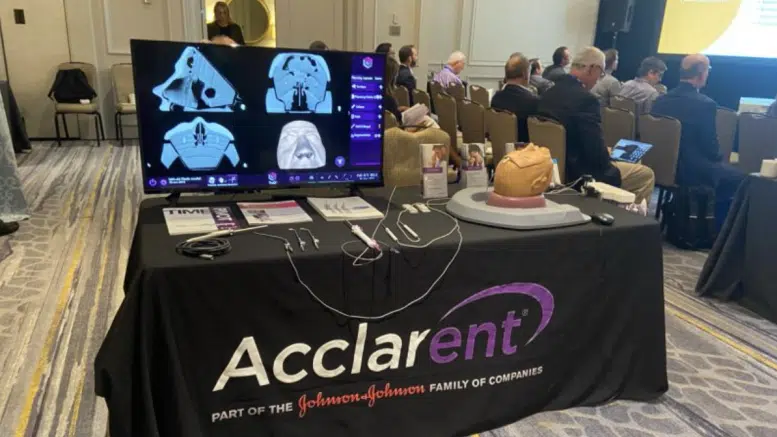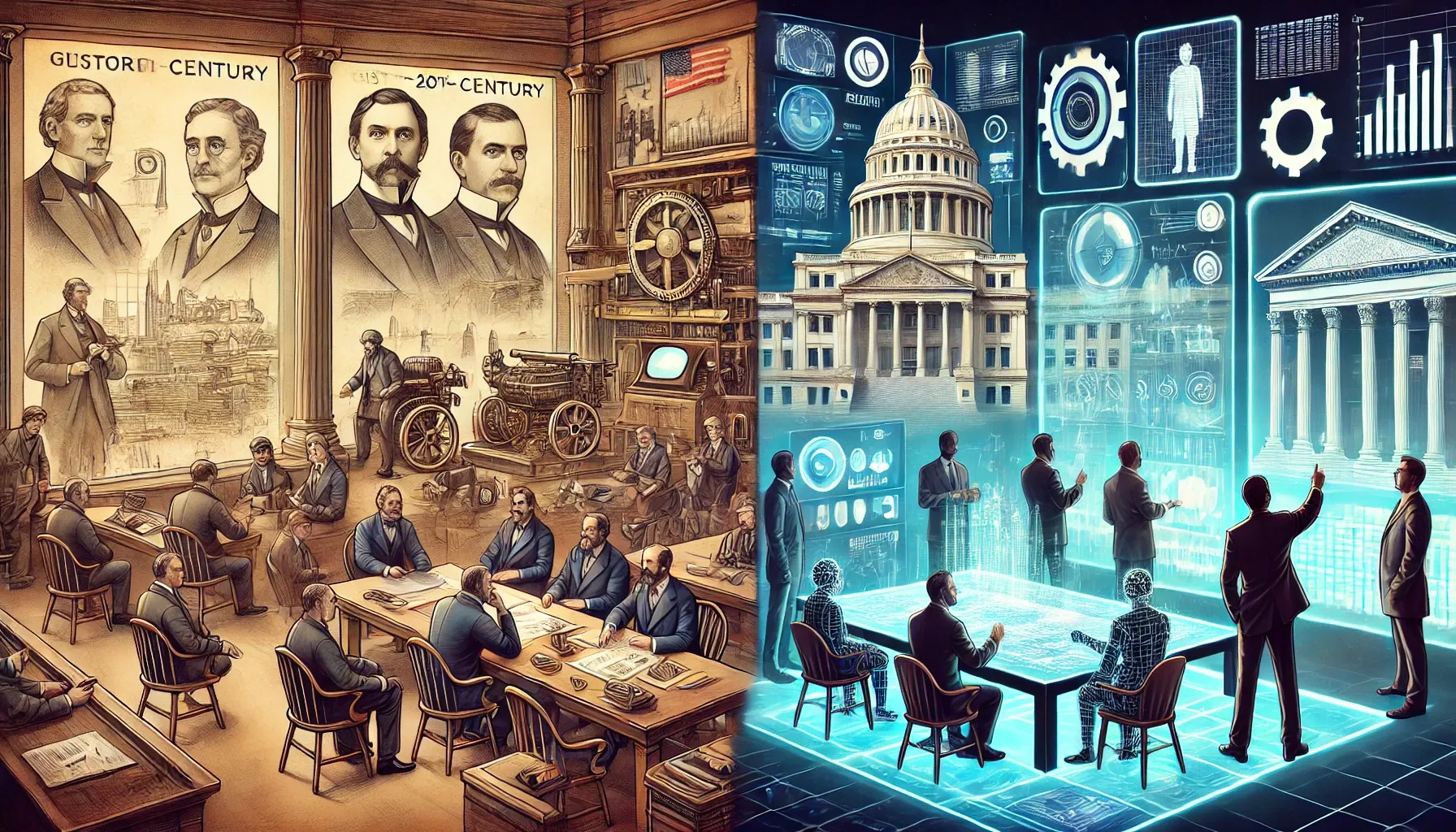“We are going to unleash American drone dominance,” said Transportation Secretary Sean Duffy.
New Drone Rules
Reuters reports US Proposes New Drone Rules May Lead to Starbucks, Amazon Deliveries.
The U.S. Transportation Department is proposing new rules to speed deployment of drones beyond the visual line of sight of operators, a key change needed to advance commercial uses like package deliveries.
Under current rules, operators need to get individual waivers or exemptions to use drones without visual line of sight. The department said eliminating those requirements “will significantly expand the use-case for drone technologies in areas like: manufacturing, farming, energy production, filmmaking, and the movement of products including lifesaving medications.”
The proposal includes new requirements for manufacturers, operators, and drone traffic-management services to keep drones safely separated from other drones and airplanes.
“It’s going to change the way that people and products move throughout our airspace… so you may change the way you get your Amazon package, you may get a Starbucks cup of coffee from a drone,” Duffy said.
“Industry needs this rule to make sure they can use this technology that’s going to allow them to do business more efficiently and effectively.”
Amazon esumed testing drone deliveries earlier this year at two locations in Texas and Arizona. Amazon has a goal of delivering 500 million packages annually by drone by the end of 2030.
Under the proposal, operations would occur at or below 400 feet above ground from pre-designated locations approved by the Federal Aviation Administration.
Operators would identify boundaries and approximate daily flights and takeoff, landing and loading areas and ensure procedures if communications with drones are lost.
Drones would yield to all manned aircraft broadcasting their position and not interfere with operations at airports.
The Transportation Security Administration would require flight coordinators and others to obtain security threat assessments and a fingerprint-based criminal history records check.
Q: Will Amazon deliver 500 million packages annually by drone by the end of 2030?
That’s seems like one heck of a number.
In 2024, Amazon processed 6.3 billion U.S. delivery orders, equivalent to 17.2 million daily.
500 million would be about 8 percent of 2024 volume. Is that realistic? And if Amazon is doing that, so will Walmart and others.
That’s a lot less UPS and FedEx deliveries
Grok AI is skeptical
Grok Link: Technical and Operational Limits: Current costs are high—estimated at $63 per delivery in 2025 (down from $484 in 2022 but still uneconomical at scale). Drones are restricted to light packages, good weather, and short ranges (e.g., 7.5-10 miles from hubs). Scaling to millions daily would demand tens of thousands of drones, massive fleet management, and automated systems not yet fully deployed.
In summary, while Amazon’s investments and approvals show commitment, the gap between current low-volume pilots and 500 million annual deliveries is vast. Historical delays, technical constraints, and conservative market forecasts indicate the company will likely fall short, perhaps reaching tens of millions at best by 2030. If breakthroughs in autonomy, cost reduction, and regulations accelerate, the odds could improve—but as of now, trends point against it.
Expert and Industry Views: Analyses describe the 500 million target as “unattainable” amid setbacks like heat-related failures and crashes. A temporary suspension in early 2025 was called a “significant blow,” delaying momentum. While some are optimistic about FAA progress enabling integration into logistics networks, historical overpromising (e.g., delays from 2018 goals) suggests caution.
So, do you believe 500 million packages by Amazon drone by the end of 2030?
In other Amazon news, Do You Want a Random Store Clerk Picking Your Groceries for You?
My answer is no, but Amazon launches same-day grocery delivery in 1,000 cities.
This post originated on MishTalk.Com
Thanks for Tuning In!
Mish







